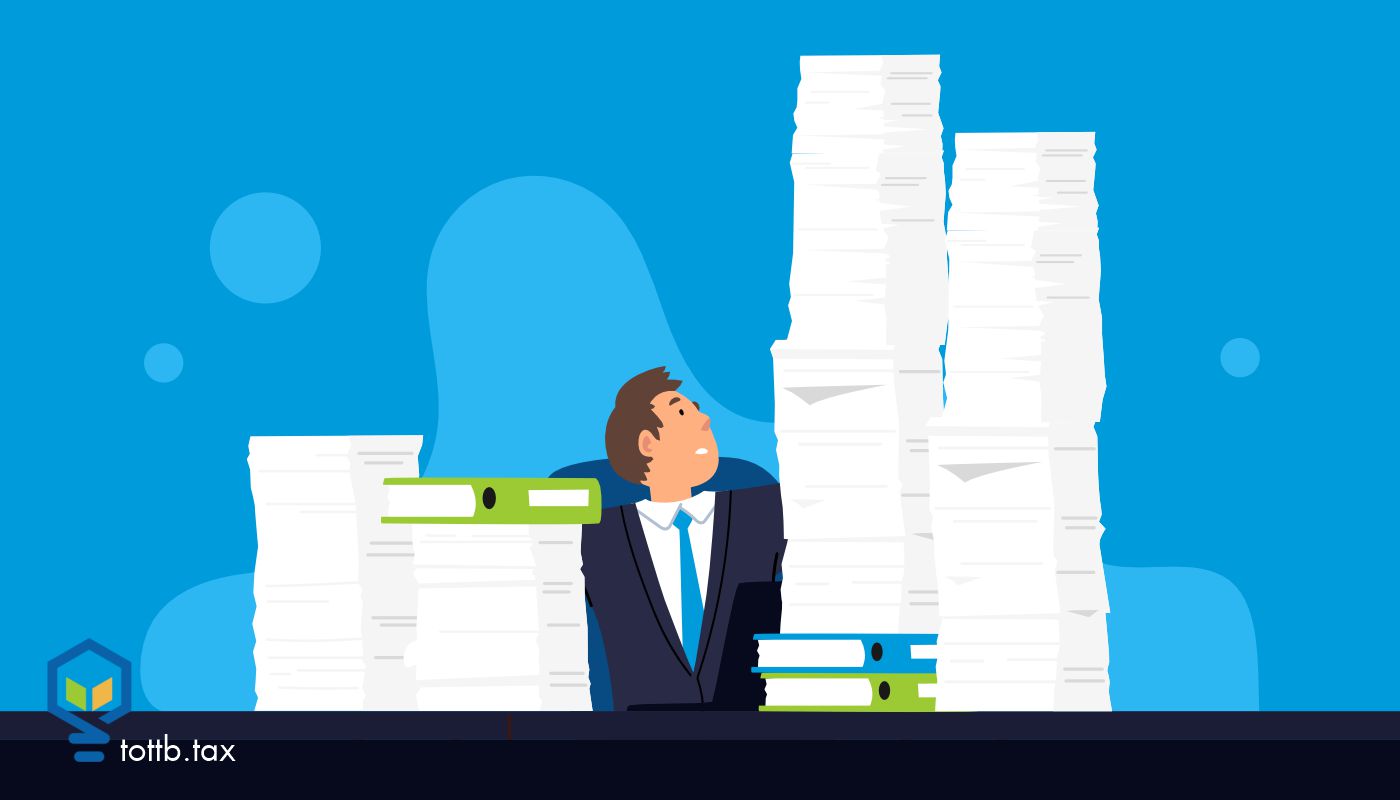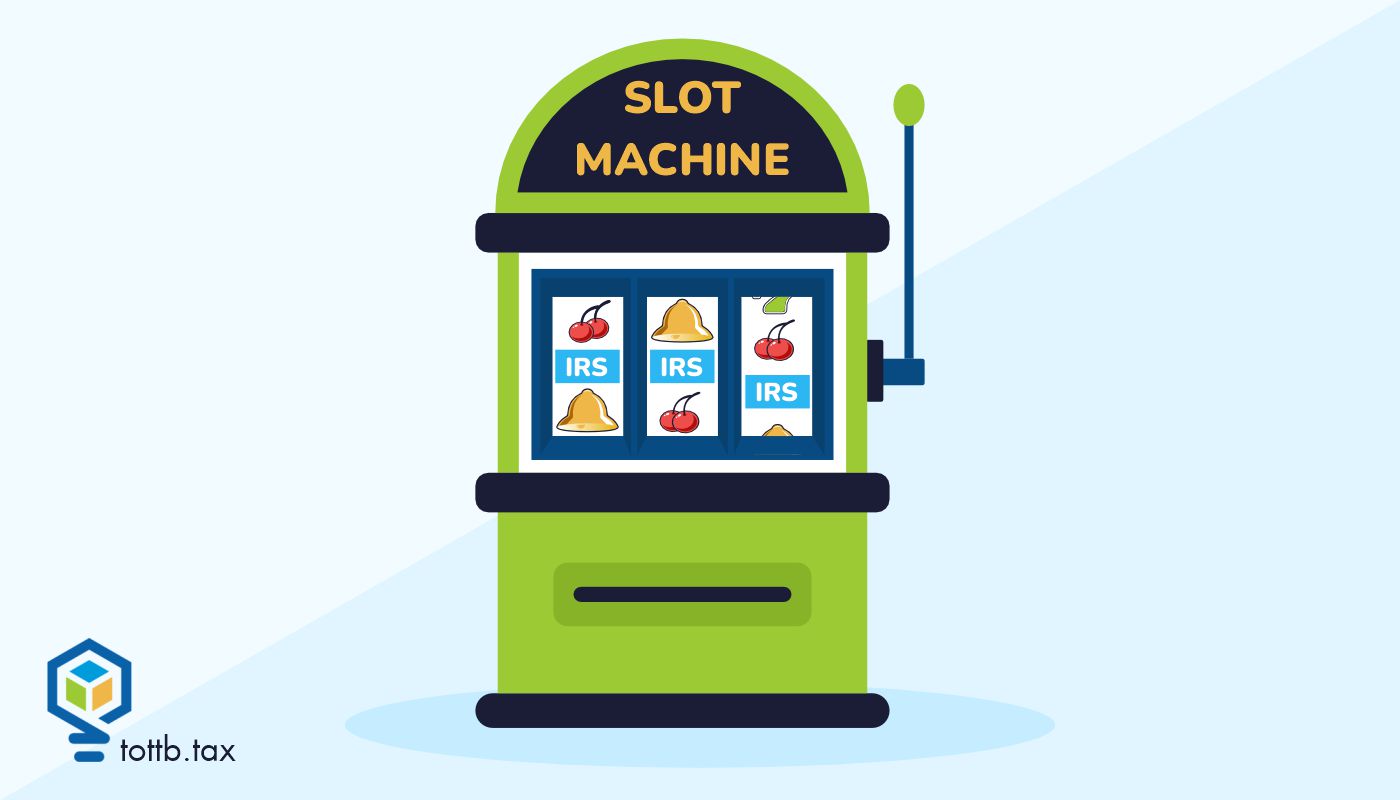LOOKING FOR LEGAL WAYS
TO REDUCE TAX?
New tax reduction strategies carefully explained and exhaustively researched every two weeks. Receive breaking news updates on tax law changes. Members only monthly AMA with TOTTB.tax.
WE PUBLISH TAX STRATEGIES FOR…
FEATURED CONTENT
IRS MATH ERROR NOTICES – WHAT ARE THEY AND WHY DOES IT MATTER?
The Internal Revenue Service (IRS) mission statement is to "provide America's taxpayers top quality service by helping them understand and meet their tax responsibilities and enforce the law with integrity and fairness to all." The IRS provides forms and instructions, publications, robust web-based resources, and other tools to help taxpayers prepare and file their tax returns – an exercise relished by few. But what happens after you file your tax return? For many, the IRS accepts their tax returns as filed and processes them quickly, which is the end of the process. Others get "post-filing" correspondence from the IRS. The IRS may need additional information to process your tax return or, worse, may examine your tax return (asking you to document some or all parts of the return). There's a middle ground where the IRS adjusts your tax return without the "courtesy" of requesting documentation first. These are the math error notices. Read on to discover more (including that it's not always about math).
Read MoreCURRENT EDITION

Qualified Opportunity Zones After the One Big Beautiful Bill Act: What’s Changed and What It Means for Real Estate Investors
On July 4, 2025, the One Big Beautiful Bill Act (OBBBA) became law, representing the most significant reform of the QOZ program since its inception. It made the program permanent, tightened eligibility rules, introduced a rural-focused investment vehicle, and imposed robust reporting requirements. For tax professionals and investors, understanding these changes isn’t just about compliance – it’s also about strategy.

Vibe Preparing: Ignoring Partnership Agreement Impacts on K1s
Nothing derails a busy season schedule like being forwarded emails from client’s investors asking “are you sure the loss is allocated correctly?” It can expose a weakness in technical expertise – especially when it’s a partnership K1. Whether the operating agreement includes Safe Harbor or Target Capital allocations is one of the most important places to start for a preparer. And knowing these basics can be the difference between a confident reply or a lost week.

Deducting Gambling Losses: Part 2: Sessions Method
Recently I polled my peers on a social media platform dedicated to tax professionals. My hope was to find a resource for tax rules on a state level for handling gambling sessions. I knew it would be an uphill battle to get the information needed for a comprehensive guide state-by-state.
What surprised me was the response. A large percentage of tax professionals were either unaware of gambling sessions or were unclear on how gambling sessions were handled in their state. Since gambling sessions might be the best way to reduce taxes on gambling wins, a lot of money might be left on the table with clients paying the price. Even if the state a tax professional prepares most tax returns for does not have gambling, the likelihood a client travels to a state that does, gambles, and wins is high.
SIMPLIFIED TAX STRATEGIES &
PRACTICAL IMPLEMENTATION
Think Outside the Tax Box provides tax reduction strategies along with practical
implementation advice in order to reduce your clients’ federal tax bill with ease.







